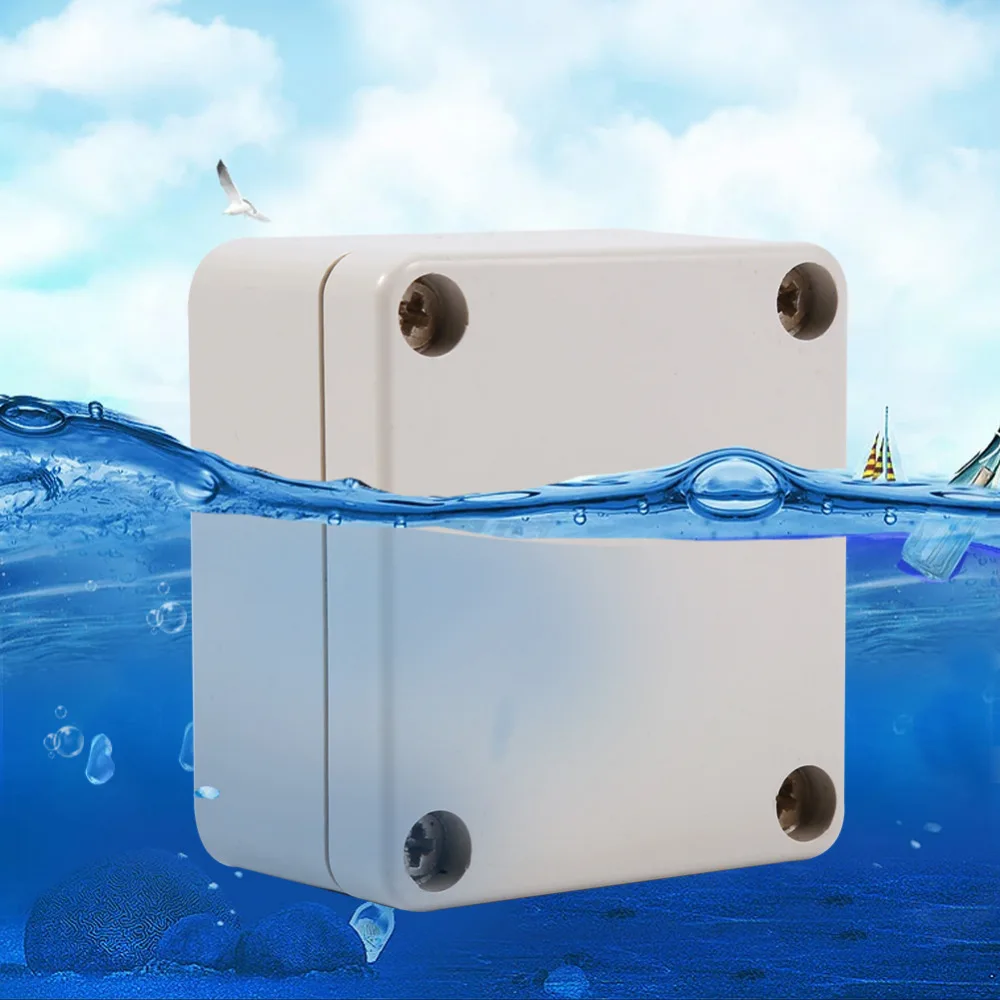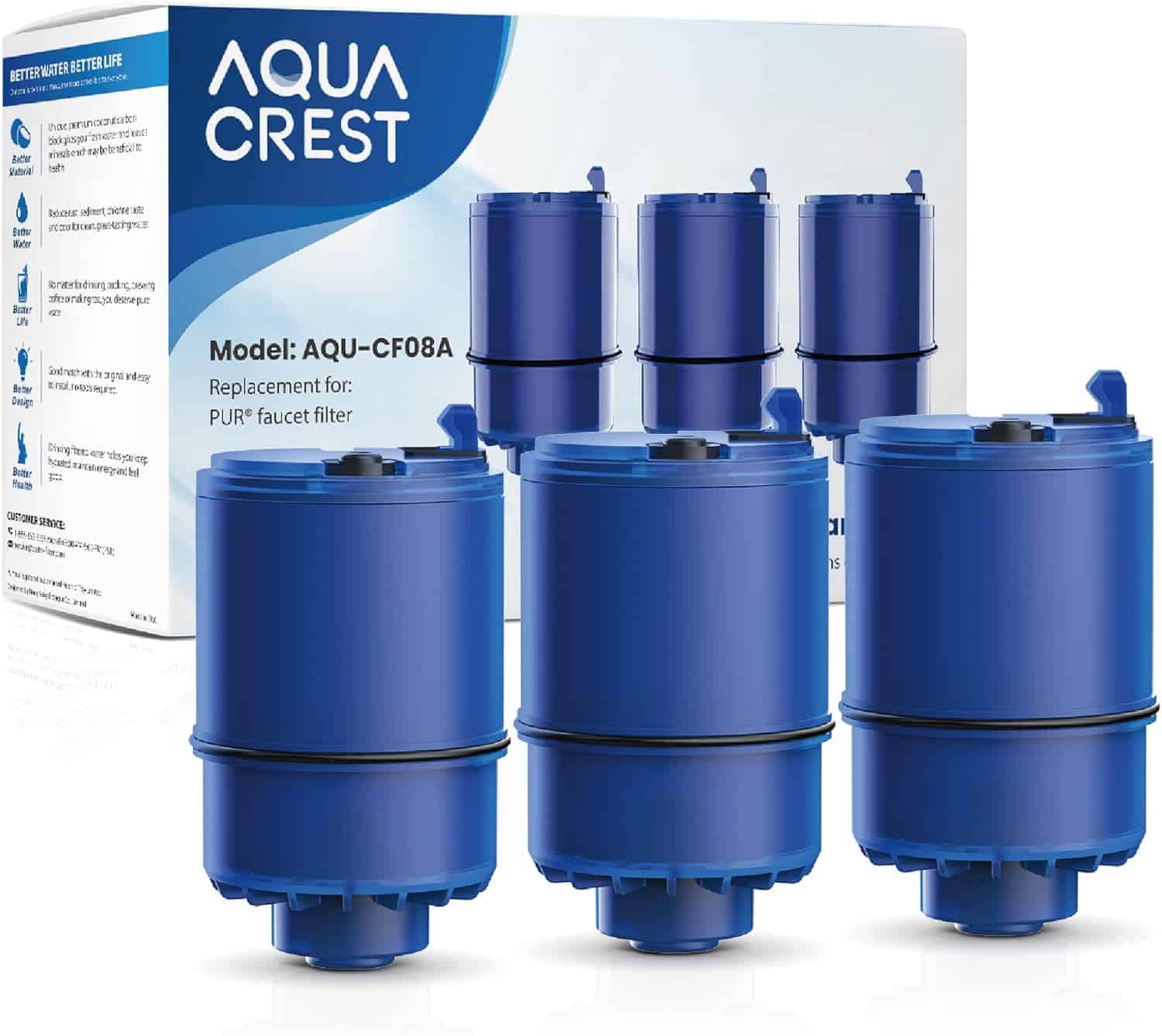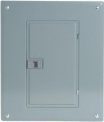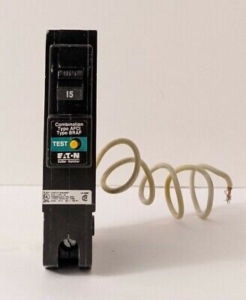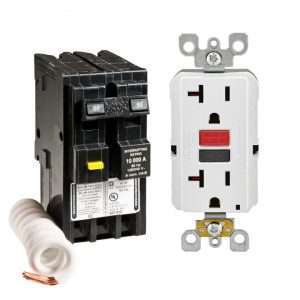Waterproof Electrical Boxes Ultimate
Guide for Protection
Waterproof electrical boxes are a must-have for every homeowner. These boxes provide a safe and secure space for electrical connections, protecting them from water and moisture damage. Whether it’s for outdoor lighting, pool pump connections, or even a backyard shed, a waterproof electrical box ensures the safety of these connections. They’re designed to withstand not just rain and snow, but also dust and insects. Understanding the importance and uses of these boxes will help you make the right choice for your home’s electrical safety. In this blog post, we’ll dive deep into the world of waterproof electrical boxes, explaining what they are, why you need them, and how to choose the right one. So, let’s get started!
What is a Waterproof Electrical Box?
In the world of electrical systems, safety is of utmost importance. One component that ensures the safety and functionality of electrical installations is the waterproof electrical box. In this section, we will explore the definition, purpose, and the importance of waterproofing in electrical boxes.
Definition and Purpose
A waterproof electrical box, also known as a weatherproof box or an outdoor electrical box, is designed to protect electrical connections and components from moisture, dust, and other environmental elements. It acts as a sturdy enclosure, providing a secure space for electrical wiring connections, switches, outlets, and other electrical devices.
The main purpose of a waterproof electrical box is to prevent water and moisture from entering the box and coming into contact with electrical components. This is essential because water can cause short circuits, corrosion, and even electrical fires, posing a significant risk to both property and personal safety.
Importance of Waterproofing in Electrical Boxes
The importance of waterproofing in electrical boxes cannot be overstated. Here are a few reasons to ensure that electrical boxes are waterproof:
- Protection from Moisture: Moisture is one of the biggest enemies of electrical systems. When water enters an electrical box, it can lead to corrosion, rust, and deterioration of the electrical connections. Waterproofing the electrical box ensures that moisture is kept at bay, preserving the integrity and longevity of the electrical components.
- Prevention of Electrical Hazards: Water and electricity do not mix well. When exposed to moisture, electrical connections can become compromised, leading to short circuits, electrical shocks, and even fires. By using a waterproof electrical box, you create a barrier that keeps water away from the electrical components, reducing the risk of electrical hazards.
- Compliance with Electrical Codes: Building codes and electrical regulations often require the use of waterproof electrical boxes in specific areas or applications. By using these boxes, you ensure compliance with safety standards and avoid potential legal issues or penalties.
- Enhanced Durability: Waterproof electrical boxes are typically made from durable materials such as PVC or metal, which can withstand harsh weather conditions, UV exposure, and physical impact. By choosing a waterproof box, you increase the overall durability and longevity of your electrical system.
Types of Waterproof Electrical Boxes
When it comes to protecting electrical connections from water damage, waterproof electrical boxes are an essential component. These boxes provide a reliable and safe enclosure for electrical wiring in wet or damp environments. In this section, we will explore the different types of waterproof electrical boxes available in the market, including plastic waterproof electrical boxes, metal waterproof electrical boxes, and weatherproof electrical boxes.
Plastic Waterproof Electrical Boxes
Plastic waterproof electrical boxes are a popular choice due to their lightweight and corrosion-resistant properties. Made from durable thermoplastic materials like PVC (polyvinyl chloride), these boxes offer excellent protection against moisture, dust, and other environmental factors. The plastic construction also makes them cost-effective and easy to install.
One of the key advantages of plastic waterproof electrical boxes is their versatility. They come in various shapes, sizes, and designs to accommodate different electrical components and wiring configurations. From junction boxes to outlet boxes, plastic options are available for a wide range of electrical applications. Additionally, some plastic waterproof boxes feature built-in gaskets or seals, providing an extra layer of protection against water infiltration.
Metal Waterproof Electrical Boxes
For more robust protection, metal waterproof electrical boxes are an ideal choice. Constructed from materials like aluminum or stainless steel, these boxes are known for their durability and strength. They offer exceptional resistance to impact, corrosion, and extreme weather conditions, making them suitable for outdoor and industrial applications.
Metal waterproof electrical boxes are often used in areas where additional security is required, such as in public spaces or commercial buildings. They provide a sturdy enclosure for electrical connections and are designed to withstand harsh environments. While they may be heavier than their plastic counterparts, metal boxes offer superior protection against moisture, dust, and vandalism.
Weatherproof Electrical Boxes
Weatherproof electrical boxes are specifically designed to withstand the elements and ensure the longevity of electrical installations. These boxes are typically made from heavy-duty materials like die-cast aluminum or thermoplastic elastomer (TPE) to provide maximum resistance against water, dust, UV rays, and extreme temperatures.
The key feature of weatherproof electrical boxes is their tight seals and gaskets, which prevent water ingress and maintain a secure environment for electrical connections. They often come with hinged or latched covers, allowing easy access while maintaining a watertight seal when closed. Weatherproof electrical boxes are commonly used in outdoor applications, such as garden lighting, pool equipment, and outdoor electrical outlets.
Features to Consider in Waterproof Electrical Boxes
When it comes to protecting electrical components and wiring from moisture and other environmental factors, waterproof electrical boxes are an essential solution. These boxes are designed to keep electrical connections safe and secure, even in wet or damp conditions. However, not all waterproof electrical boxes are created equal. To ensure you make the right choice for your needs, it’s important to consider several key features.
IP Ratings and Their Significance
One of the most important factors to consider when choosing a waterproof electrical box is its IP (Ingress Protection) rating. The IP rating indicates the level of protection the box offers against solid objects and liquids. It consists of two numbers, with the first representing solid particle protection and the second indicating liquid ingress protection.
For example, an IP67 rating means the box is completely protected against dust and can withstand immersion in up to 1 meter of water for a limited time. Understanding the significance of IP ratings in selecting the appropriate level of protection for your specific application.
Material Durability and Resistance
Another aspect to consider is the material durability and resistance of the waterproof electrical box. The box should be made of a sturdy and robust material that can withstand harsh environmental conditions. Common materials used for waterproof electrical boxes include stainless steel, polycarbonate, and fiberglass-reinforced polyester.
Each material has its own unique set of properties, such as corrosion resistance, impact resistance, and UV stability. Choosing a material that matches the demands of your application will ensure the longevity and effectiveness of the box in protecting your electrical components.
Sealability and Gasket Options
Effective sealability is a vital feature of any waterproof electrical box. The box should have a reliable sealing mechanism that prevents moisture from entering. This is typically achieved through the use of gaskets or seals. Gaskets provide an extra layer of protection by creating a tight and secure seal between the box and its cover.
When selecting a waterproof electrical box, consider the type and quality of the gasket or seal used. Look for boxes that offer replaceable gaskets or have additional sealing features, such as compression latches or integrated sealing systems. These features will enhance the overall waterproofing capabilities of the box.
Size and Capacity
Lastly, it’s important to consider the size and capacity of the waterproof electrical box. The size should accommodate all the electrical components and wiring connections, allowing for easy installation and maintenance. Additionally, the box should have sufficient capacity to accommodate any future expansions or additions to the electrical system.
Consider factors such as the number of cable entries and the internal space available when evaluating the size and capacity of the box. Choosing a box that adequately meets your current and future needs will ensure efficient and hassle-free electrical installations.
In conclusion, when selecting a waterproof electrical box, consider features such as IP ratings, material durability, sealability, and size and capacity. By understanding the significance of these features and choosing a box that meets your specific requirements, you can ensure the safety and longevity of your electrical system, even in challenging environments.

